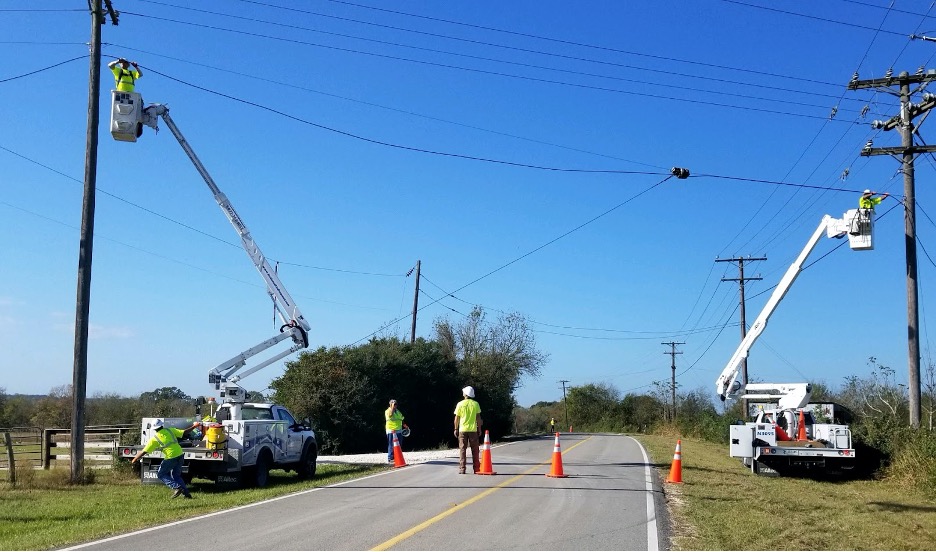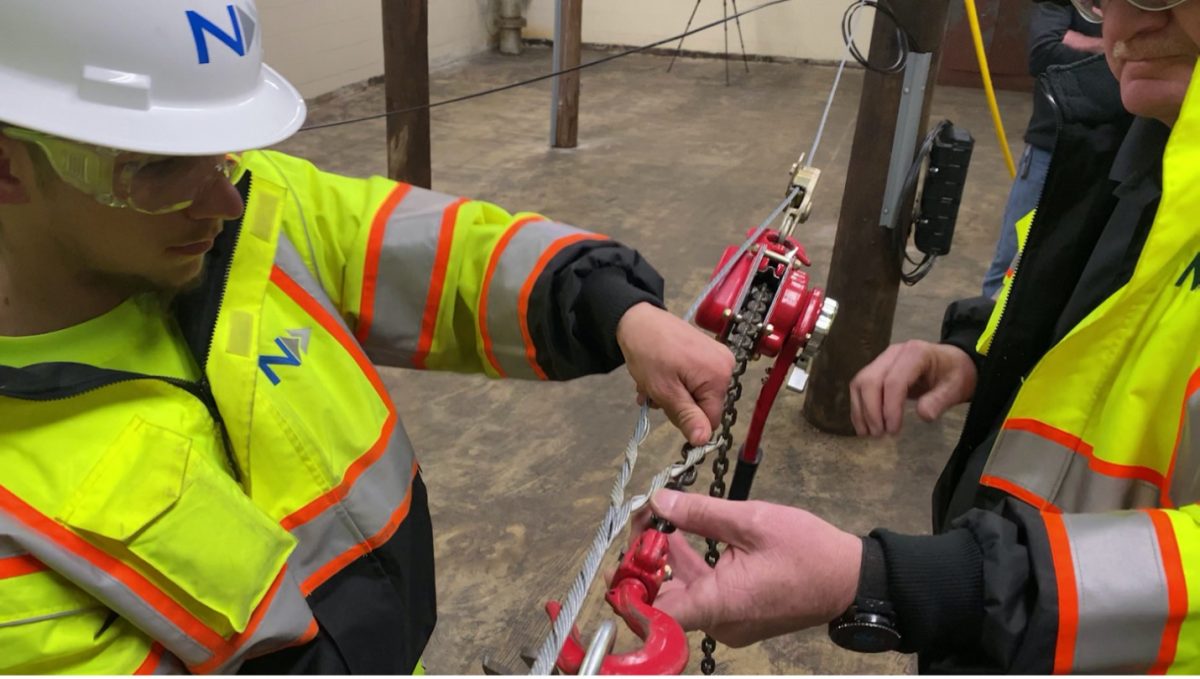How to Become an Aerial Lineman: Skills and Training Tips
You may not have given much thought to what it takes for our beloved electronics like mobile phones, tablets, computers and gaming consoles to work. Streaming your favorite movie, browsing through YouTube, or sending memes to your friends can be done in seconds, with just the click of a button. High-speed internet exists thanks to skilled professionals who maintain telecommunication structures and install new fiber optic cables.
Fiber optic cables are a type of network cable where the inner strands consist of glass fibers within an insulated casing. They are much more durable and better performing than older wire cables, allowing you to transmit more data over longer distances. It’s an aerial lineman’s job to set up this equipment on utility poles. They are one of the unsung heroes of our telecommunications society: Without them, our telecommunications lines would fail.
Are you considering a career change, or do you just want to learn more about fiber optic construction work? Keep reading to find out everything you need to know about being an aerial lineman in the telecommunications industry.
What Is an Aerial Lineman?
An aerial lineman is responsible for constructing strand infrastructure and securing fiber optic cables to it. Essentially, they’re the people climbing up utility poles up to twenty-five feet in the air and hanging cable bundles over them.
As an aerial lineman, you’ll need to be able to work with minimal supervision and in stressful or time-sensitive situations. Your typical duties and responsibilities include:
- Operating a bucket truck.
- Reading and interpreting network prints.
- Lashing cable bundles.
- Following all safety requirements to complete the project according to industry regulations.
You’ll also need to be familiar with installation procedures, techniques, and the various tools and equipment required.

This job is physically demanding, and you’ll work outdoors for most of it. Your working conditions may be subject to dust, fluctuating temperatures, and loud noises. To be an aerial lineman, you should be able to lift to 100 pounds, climb up and down poles, work in all weather conditions, and potentially drive far to job sites. You might even need to travel out of state for up to two weeks to participate in various company projects.
Required Training
Although some technical training is preferred, you don’t need to have a degree or prior experience in fiber optic construction. At the very least, you’ll need a high school diploma, a valid driver’s license, and authorization to work in the United States. Most companies like National OnDemand will also request drug tests and background checks for full-time employees.

How do I become an aerial lineman?
This field is rapidly expanding, so it’s an excellent opportunity for you to experience a new challenge and begin a successful career. If you decide to join National OnDemand, you will receive additional training from us to better understand our construction practices and techniques. These training sessions are typically six weeks and are designed to give you hands-on experience.
Our comprehensive training curriculum aims to improve your skills and decrease work incidents. You’ll receive training on not only fiber optic cables and construction but also proper safety measures. Hard skills like CDL, bucket truck, and hand tools go a long way toward strengthening your resume.
aerial lineman salary
Your overall qualifications, years of experience, and even location will affect your general pay range. On average, the typical salary for an aerial lineman is from $32,000 to $70,000 per year. This salary is predicted to increase, though, as the demand for fiber internet is rapidly growing. National OnDemand offers a production bonus in addition to a base wage, so the more active you are in your work, the more you can earn.
When working as an employee of a telecommunications company, you can expect to receive the standard benefits of a 401(k), life insurance, medical, dental, vision, paid time off, sick leave, and vacation days. When working with National OnDemand, you’ll get all these, plus be a part of the Employee Assistance Program and receive disability.
National OnDemand and Subcontractor Vendor Partnerships
National OnDemand can meet the demands of our business through the commitment and hard work of our dedicated employees. We have opportunities for both exempt and non-exempt employees if you are interested in working with us. We also leverage our established business partnerships with subcontractor companies.
These partnerships with our subcontractor companies help ease the labor demands and increase our ability to ramp up or ramp down as projects demand. Hundreds of thousands of miles across the country need to be fitted with fiber cables, and our qualified employees and companies that we partner with take on some of that responsibility and ensure that the projects are on schedule. The combined contributions allow for continuous production and will provide a great opportunity for many years to come.
It’s up to you whether you would like to choose to work for National OnDemand as a direct employee or to work as an employee of one of our subcontractor companies. If you elect the subcontractor route, you will work directly with the subcontractor as that would be your employer.
As a National OnDemand employee, after your first twenty-one (21) days on the job, you will receive your first paycheck. After that first check, you are paid weekly. If you’re interested in joining the National OnDemand team, visit our careers page. The company prides itself on maintaining good working relationships in all our business interactions with our employees as well as our subcontractor companies who partner with us to deliver the best service Anytime. Anywhere.
Job Security
Technology is constantly advancing, and yesterday’s infrastructure just can’t keep up. People want fast and reliable internet, and they want it now. The U.S. Senate recently passed a $1 trillion bipartisan infrastructure bill to improve the country’s infrastructure and promote universal broadband access. This investment will create well-paying jobs and grow our nation’s wealth, allowing more Americans to participate in the economy.
They aim to connect every American to high-speed internet, especially those in rural parts of the country. The plan proposes a $65 billion budget to deploy fiber internet networks and transform the communities. This is a massive task that will take decades to complete. If you enter the telecommunications industry now, you will have solid job security due to the rising demand for trained and certified aerial linemen.
The Takeaway
Being an aerial lineman is a physically demanding and complex job. You need to have strong analytical and communication skills to perform your assigned duties successfully, work outside in all weather, and carry heavy equipment around. Despite these challenges, it requires no degree, has excellent pay, and typically provides on-site training.
If you are interested in being an aerial lineman, visit our careers page to learn how to become a part of our team or submit a request to be considered as a subcontractor. National OnDemand, Inc. prides itself on always maintaining high standards and prioritizing safety on every construction project. Join our network of talented professionals and set yourself up for a long and successful career!

